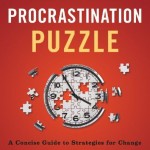 Welcome back to the late work game!
Welcome back to the late work game!
First semester is up and teachers and students across the country are recovering from that last minute freak out: get that missing work in!
Stressed kids near collapse trying to dig something out, anything to get the grades up. Desperate teachers giving up all pretense of syllabus rules and pushing, pulling, and excusing the kids across the finish line. Vice Principals peering over their shoulders, demanding mounds of paper work to justify failing this and that kid. Now into the new semester and it’s starting all over again. Continue reading


 What’s your excuse? I mean, everyone has one, don’t they?
What’s your excuse? I mean, everyone has one, don’t they?











